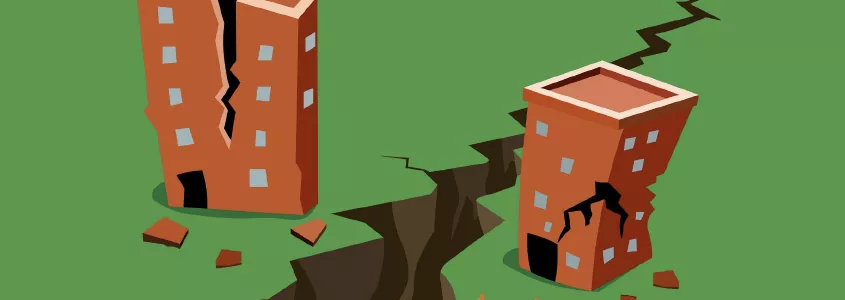
Table of contents
What is the extinction of a condominium?
Condominium extinguishment is the absence of a common interest in a property owned by several persons. Condominiums are jointly owned by multiple owners, with ownership rights assigned to each owner.
The dissolution of condominiums is prescribed in Articles 400 and 406 of the Civil Code and are a practical method for the division of common property. In such a case, a civil lawyer would be the perfect person to help you and we are specialists in this.
How and by whom can an extinction of condominium be carried out?
As soon as the negotiations between the owners are completed and an agreement is reached to liquidate the condominium, it is sufficient to contact the notary to sign the deed.
The termination of a condominium contract is mainly addressed to co-owners of real estate and occurs when one of the parties wants to keep 100% of that property in common ownership. It is an individual, unwaivable and non-transferable right of all owners of common property.
It is therefore a very common legal practice in situations of inheritance, separation or divorce.
What are the causes leading to the extinction of the condominium?
These causes are expressed in the articles of the Civil Code from 395 to 406. The law of civil procedure must also be taken into account when property is divided by judicial auction. The reason why a condominium disappears is essentially the same as the reason why a domain disappears, such as being abandoned, demolished or excluded. Each extinguishment of a joint tenancy has different characteristics depending on its origin, however, the Civil Code establishes a number of principles:
- Waiver of co-ownership rights over one of them where it can be found in article 395.2 of the Civil Code.
- Selling the assets to third parties and distributing the resulting proceeds to the members of the community, as stated in article 404 of the Civil Code.
- Adjudication to one of the co-owners in exchange for a cash compensation from this one to the others, as can be read in article 404 of the Civil Code.
What are the consequences leading to the extinction of the condominium?
The consequences leading to the extinction of the condominium are as follows:
- Between joint owners: The main consequence between joint owners is the separate ownership of their share of the property to each of them, or to the cash if it has been sold.
- Towards third parties: The distribution of community property must not prejudice them.
- To the State: The advantage they have is that they are exempt from property transfer tax. On the other hand, they are subject to a tax on documented legal transactions, which ranges from 0.5% to 1% of the sale price.
How is the division of common property carried out?
Article 400 of the Civil Code makes it clear that no one is obliged to remain in a condominium. Therefore, when one of the owners agrees to terminate the condominium operation, the others cannot refuse. This contract is signed for a period of 10 years, with the possibility of extension for another 10 years, and must be signed with the agreement of all the common owners.
There are two procedures; by mutual consent or through the courts if this is not possible.
By mutual consent, all the co-owners agree to reach an effective division.
On the other hand, if the co-owners cannot agree on the price or the manner of division of the property, the only solution may be to take the case to court to sue to divide the common property.
Claims for division of common property include filing a lawsuit to liquidate the condominium, either by giving each owner his or her respective share if the property is divisible or by selling and then dividing the amount received. It is true that the laws do not specifically provide the procedure for the enforcement of a penalty relating to the division of the commons, but it is suggested that the enforcement be done as soon as possible; provided that the right of one or the other is not injured.
For this reason, one of the most commonly used is that provided for in Art. 670 of the Code of Civil Procedure, which regulates the sale or public sale of property.

"Anywhere in Spain"
With our online appointment system you will have immediate advice without the need for face-to-face visits or travel.
One of our lawyers specialized in your area of interest will contact you to formalize an appointment and make your consultation by video call.

Add new comment